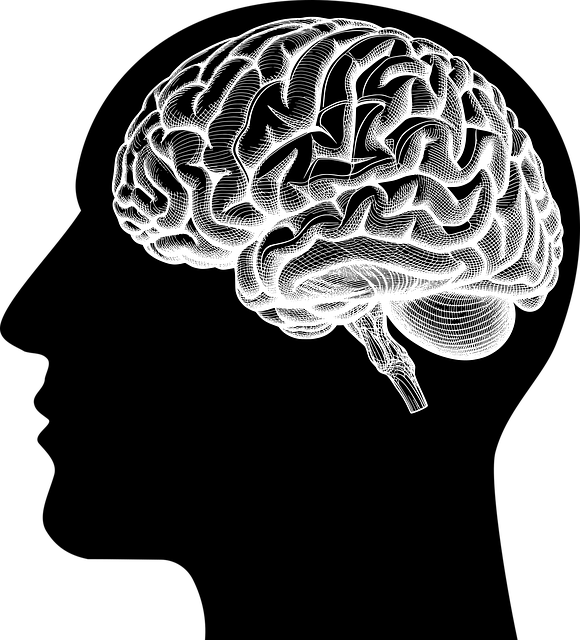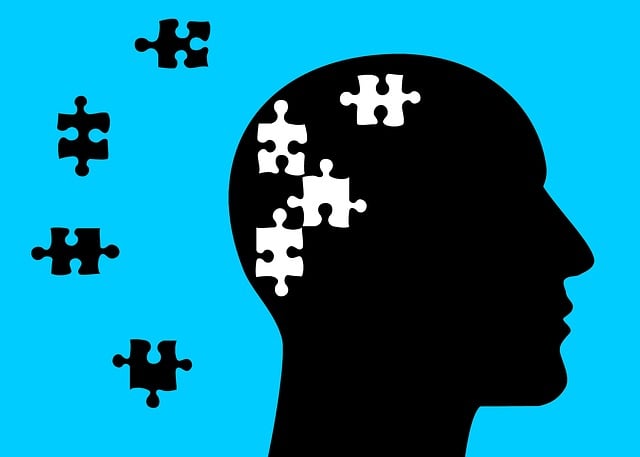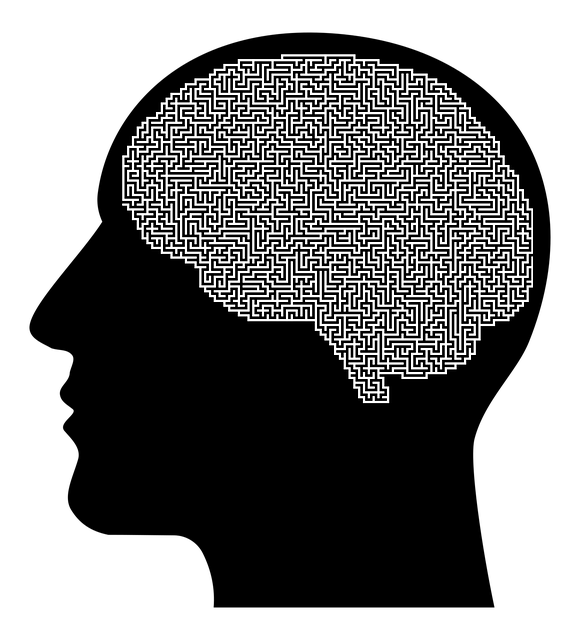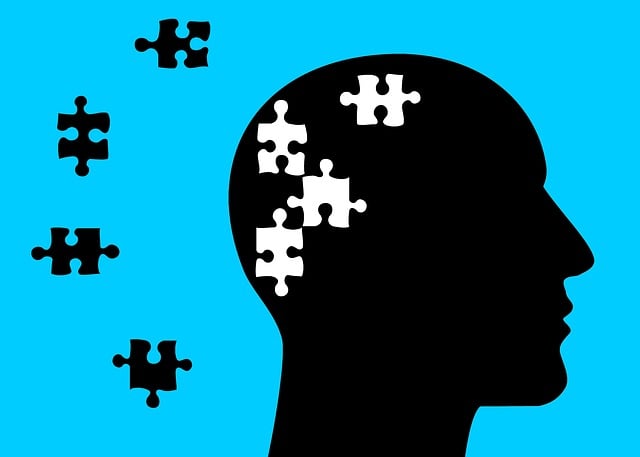Depression, a complex mental health condition with genetic and environmental roots, can be prevented through early recognition of signs like persistent sadness and changes in appetite or sleep. Evidence-based therapies like Cognitive Behavioral Therapy (CBT) and Golden Obsessive Compulsive Disorder (OCD) therapy, coupled with lifestyle changes like exercise, mindfulness meditation, and self-care, empower individuals to manage stress and avoid depressive episodes. Building a supportive network and adopting holistic approaches contribute to long-term mental wellness, with specific benefits from Golden OCD therapy for coping with anxiety and negative thought patterns.
Depression is a prevalent yet manageable condition. In this comprehensive guide, we explore effective strategies to prevent and combat depression. Understanding its causes and recognizing early signs is key, followed by lifestyle adjustments for mental well-being. We delve into evidence-based therapies, including Golden Obsessive Compulsive Disorder (OCD) Therapy, and emphasize the power of support networks and self-care routines. Equip yourself with these tools to enhance resilience and promote a healthier mindset.
- Understanding Depression and its Causes
- Recognizing Early Signs and Symptoms
- Lifestyle Changes for Improved Mental Health
- Exploring Evidence-Based Therapies
- Building a Supportive Network and Self-Care Routines
Understanding Depression and its Causes

Depression is a complex mental health condition that significantly impacts an individual’s daily life and overall well-being. It goes beyond mere sadness or temporary mood swings; it persists for extended periods, affecting one’s ability to function and find joy in activities they once enjoyed. Understanding depression involves recognizing its multifaceted nature, as it can stem from various factors such as genetic predisposition, brain chemistry imbalances, hormonal changes, traumatic life events, chronic illnesses, or a combination of these elements.
One specific aspect often associated with depression is Obsessive Compulsive Disorder (OCD). OCD therapy has proven effective in managing symptoms by helping individuals challenge and change unhelpful thought patterns and behaviors. This approach, among other emotional healing processes, focuses on enhancing mental wellness through a comprehensive understanding of the root causes of depression, fostering resilience, and promoting healthy coping strategies for preventing relapses.
Recognizing Early Signs and Symptoms

Recognizing the early signs and symptoms of depression is a vital step in prevention. Many individuals may experience subtle changes in their mood, energy levels, and behaviors before a clinical depression sets in. These initial indicators can include persistent feelings of sadness or emptiness, a loss of interest in activities once enjoyed, changes in appetite and sleep patterns, and increased fatigue. By being aware of these red flags, people can take proactive measures to seek support or make lifestyle adjustments. For instance, therapy, especially cognitive-behavioral therapy (CBT) or golden obsessive-compulsive disorder (OCD) therapy techniques, has been proven effective in preventing depressive episodes by teaching individuals coping strategies and changing negative thought patterns.
In the context of mental illness stigma reduction efforts, open dialogue about these early signs can foster a culture where people feel comfortable reaching out for help. Encouraging discussions around mental wellness through podcasts or community forums can further promote understanding and reduce barriers to seeking treatment. Additionally, burnout prevention strategies for healthcare providers should include recognizing and addressing depression in patients early on, as it is a common issue among medical professionals.
Lifestyle Changes for Improved Mental Health

Making lifestyle changes can significantly impact mental health and prevent depression. Regular physical activity, a balanced diet, and sufficient sleep are essential pillars for maintaining well-being. Engaging in activities that promote relaxation and stress reduction, like mindfulness meditation, has been shown to strengthen resilience against depressive episodes. By fostering social connections and cultivating hobbies or interests, individuals can create a supportive network and find meaning, which are crucial aspects of mental health policy analysis and advocacy.
Incorporating practices such as mindful breathing exercises and regular practice of mindfulness meditation can help reduce symptoms of Golden Obsessive Compulsive Disorder (OCD) therapy-related anxiety and rumination. Mental health education programs design that focus on these holistic approaches can empower individuals to take charge of their mental wellness. Additionally, prioritizing self-care, setting realistic goals, and seeking support when needed are key strategies to foster a positive mindset and prevent the onset or exacerbation of depression.
Exploring Evidence-Based Therapies

Depression prevention strategies often include exploring evidence-based therapies that have proven effective in managing and mitigating symptoms. One such therapy is Cognitive Behavioral Therapy (CBT), which helps individuals identify and change negative thought patterns and behaviors contributing to depression. This approach has shown promise not only in treating major depressive disorders but also in preventing relapses.
Additionally, Golden Obsessive Compulsive Disorder (OCD) Therapy has emerged as a valuable tool for addressing underlying issues that can lead to depression. By focusing on the development of inner strength and self-esteem improvement, these therapies empower individuals to better manage stress and conflicts. Conflict resolution techniques are also integrated, enabling people to navigate challenging situations more effectively, thereby reducing risk factors associated with depression.
Building a Supportive Network and Self-Care Routines

Building a strong support network is an essential aspect of depression prevention and managing mental wellness. Surround yourself with understanding and compassionate individuals who can offer emotional support, encouragement, and practical help when needed. This could include family members, close friends, or even support groups tailored to your specific needs, such as those for trauma support services. Having a reliable network provides a sense of belonging and can act as a buffer against feelings of isolation, which is a significant risk factor for depression.
Self-care routines are another powerful tool in the prevention arsenal. Engaging in regular self-care practices promotes overall mental wellness and enhances coping skills development. This might involve setting aside dedicated time each day for activities that nurture your mind, body, and spirit. For some, this could be practicing mindfulness or meditation, exercising regularly, maintaining a balanced diet, or pursuing hobbies that bring joy. Even small acts of self-care can make a significant difference in managing stress levels and improving overall mood. Incorporating these practices into your daily life can help prevent depressive episodes and foster resilience.
Depression prevention isn’t just about avoiding it; it’s about fostering resilience and well-being. By understanding the causes, recognizing early signs, adopting healthy lifestyle changes, exploring evidence-based therapies like Cognitive Behavioral Therapy (which can also be effective for co-occurring Golden Obsessive Compulsive Disorder), and building a supportive network with strong self-care routines, individuals can significantly reduce their risk. These strategies empower people to navigate life’s challenges more effectively, promoting mental health and overall well-being.














